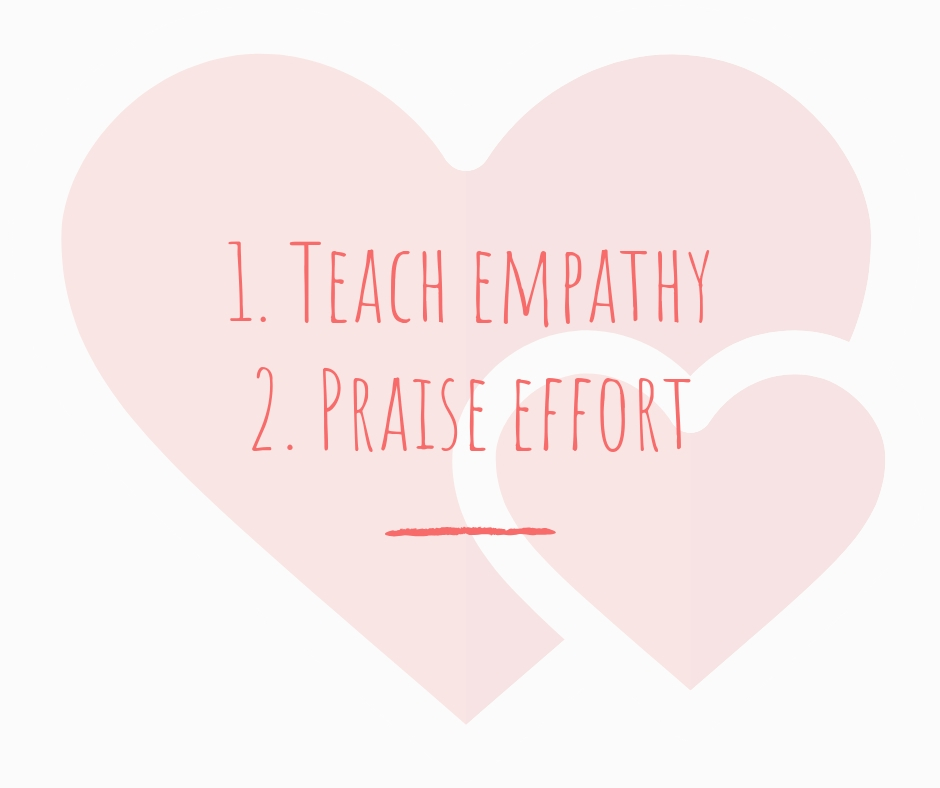I’ve read a lot of parenting books. This doesn’t mean that I’m an expert on parenting. In fact, it doesn’t even mean that I really know anything extra about parenting. It doesn’t mean that I am the perfect parent or have all the answers. It simply means that I like to read and have ambitions of being a good parent.
I believe that I succeed more than I fail, and my kids love me, so I must be doing something right.
But in all those books and blog entries and articles that I’ve read, I’ve noticed a few common themes. I’m going to take some liberties here, and assume that everyone knows these 3 important requirements of being a parent: 1) Feed your children. 2) Clothe your children, and 3) show your children love and affection.
Okay, so we’ve gotten that out of the way. Aside from those very basic requirements, there are two other elements that I’ve seen repeated, in some form or another, over and over. I’ve boiled them down into two very simple rules:

But here’s something cool about these two things: they work for adults, too.
Want to know how to teach your kids these things? Practice on the other adults in your life. Your spouse, your co-workers, your friends. Practice, practice, practice, and I promise your effort will pay off (see what I did there?). Here’s two scenarios to get you started.
EMPATHY
Your significant other comes home from work, exhausted. He or she starts telling you about how terrible it was because the office break room ran out of coffee and then a big client cancelled on a meeting. Which response do you think would really make your significant other feel better?
a) Why didn’t you just bring your own coffee? Speaking of which, my day wasn’t so great, either…
b) I’m so sorry to hear that! It must have been difficult without your usual morning coffee, and then having that important meeting cancelled must have thrown off your whole day!
Obviously, choice b is the empathetic one. When you have strong feelings about something – be it joy, sadness, or anger – you want someone to recognize how you are feeling and support you.
EFFORT
Your best friend invites you for dinner and cooks a fantastic meal. Which is the more meaningful compliment?
a) Gosh, that was so delicious, as always! You’re the best cook!
b) Wow, you really went all out perfecting this dinner. It must have taken you quite some time to put it all together. It really turned out fantastic.
Again, choice b means more. A compliment is always nice, but praising effort over ability – as long as it’s not empty praise – makes someone better equipped for success and also more capable of dealing with setbacks. To explain this further, I’ve linked a short article that you should READ HERE.
Ultimately, there’s lots of different ways that you can insert empathy and effort into your life. How you go about it might vary based on your particular parenting style, your family dynamics, and/or different personalities. But just two simple things can make a world of difference.





